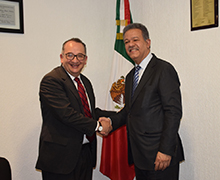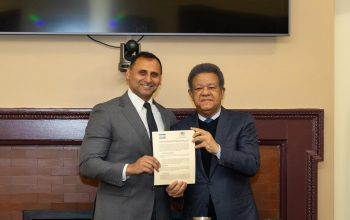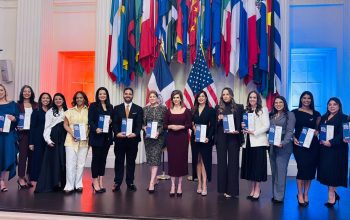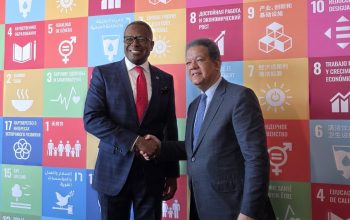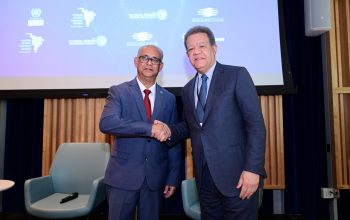news
Leonel Fernández Draws Attention to Latin America’s Weakness in Science and Innovation
November 3, 2016
The president of Global Foundation for Democracy and Development (GFDD) and Fundación Global Democracia y Desarrollo (Funglode), former Dominican Republic president, Dr. Leonel Fernández, has called attention to the weaknesses that are dragging down the Latin America and Caribbean region with regard to science, technology, innovation, and patent registration, which puts it at a disadvantage with respect to the rest of the world.
Nonetheless, the former
head of state stressed the positive fact that several Latin American and Caribbean countries have already designed their own science, technology, and innovation policies to boost their competitiveness in that realm.
Fernández’s comments came during a lecture he gave this Thursday during the XXII Meeting of the Montevideo Circle, an event held from this Wednesday in the Mexican capital.
In his conference, Fernández also referred to the region’s shortcomings with regard to higher education, and mentioned that of all the Latin America and
Caribbean countries only Brazil, Chile, Mexico, Colombia, Venezuela, Peru, and Costa Rica are represented on the global ranking of universities.
Elaborating on this point, Fernández noted that in Latin America and the Caribbean the first higher education institution to appear on the world ranking is Brazil’s University of Sao Paulo, which still comes in at only number 138 on the list.
Following Sao Paulo, he explained, come the Federal
University of Rio de Janeiro (Brazil), the National Autonomous University of Mexico, the University of Buenos Aires (Argentina), Pontifical Catholic University of Chile, the State University of Campinas (Brazil), the University of Chile, the Federal University of Rio Grande do Sul and the Federal University of Sao Paulo (both Brazil).
Likewise, Fernández noted that in terms of research the Latin America and Caribbean region comes ahead of only the Arab countries and
sub-Saharan Africa. The former head of state also referred to the low patent registration index in the region, with Latin America and the Caribbean occupying fourth place (2.75%), after Asia (49.34%), North America (24.78%), and Europe (20.81%). It leads only Oceania (1.64.%) and Africa (0.67%).
Speaking of technology and innovation, Fernández noted that the Dominican Republic, Argentina, Brazil, Bolivia, Colombia, Chile, Uruguay, Costa Rica, Mexico, and Panama have
already developed their individual national strategies as well as technological parks that promote the development of such initiatives.
He also confirmed that the region suffers serious deficiencies in terms of potable water supply and electricity generation, which leaves it at a competitive disadvantage compared to other regions.
“We have to combine the solution to the problems of the second industrial revolution with the problems of the
third and fourth revolutions. I believe with this Latin America and the Caribbean have the possibility of inserting themselves into the project of a new civilization,” he stated.
In addition to former president Fernández, the Montevideo Circle meeting included addresses from former heads of state Felipe González of Spain, Julio María Sanguinetti of Uruguay, and Belisario Betancur of Colombia. There were also appearances by the businessmen Carlos Slim,
Alejandro Bulgheroni, Carlos Magariños, Enrique Manhard, and Alfredo Barnechea.

